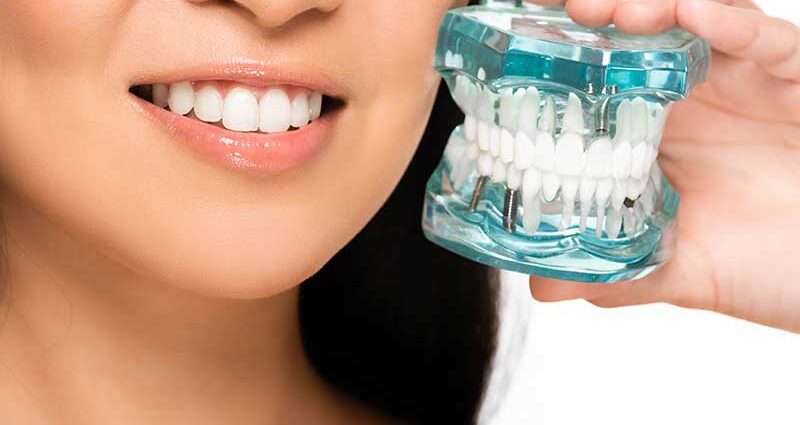The two most common methods for restoring teeth are dental veneers and crowns, typically used to cover flaws and guard against future issues. To help you understand what is involved and get ready for a consultation with your dentist to determine which option best suits your particular situation, we discuss the differences between these two treatments and their benefits and drawbacks in this article.
What are crowns for teeth?
Custom-made dental restorations known as dental crowns are most frequently used to strengthen and repair damaged teeth when they can no longer effectively retain fillings and to restore teeth following root canal therapy (endodontics). When supported by a dental implant assembly or bridge, they can also be used to fill up obvious gaps, improve the aesthetic, or replace one or more missing teeth.
When do dental crowns make the most sense?
Crowns are an excellent solution for replacing missing or damaged teeth. A crown can be a long-term, permanent fix that behaves, feels, and seems like a natural tooth.
Winnipeg dental crowns can be used to repair fractures, decay, or other impairments. This crown acts as a splint to help protect what’s left and stop future harm. Crowns are frequently employed on teeth that have had root canals because they can prevent the tooth from deteriorating further.
A crown could cover a dental implant to act as a replacement for a missing front tooth. Along with closing up major gaps in your smile, this procedure can maintain the structure of your face and jawbone and keep the rest of your teeth straight.
How do dental veneers work?
To change traits like chips or wear, discoloration, misalignment, shape, length, or gaps, dental veneers are constructed with a thin layer of all-ceramic material (referred to as “indirect” veneers) or composite resin (referred to as “direct” veneers).
Veneers are custom-made to match the color of your teeth for a uniform appearance, so if you want to whiten your smile, be sure to go through the teeth-whitening procedure before receiving your veneers.
When do dental veneers make the most sense?
Dental veneers are frequently recommended when a patient wants to fix minor cosmetic problems. The most prominent part of your smile is likely to be your front teeth. Thus, veneers may be a promising way to cover up chips, eliminate discoloration, and reduce obvious gaps between your teeth.
All-ceramic veneers are the best option for front teeth since they are durable and stain-resistant.

